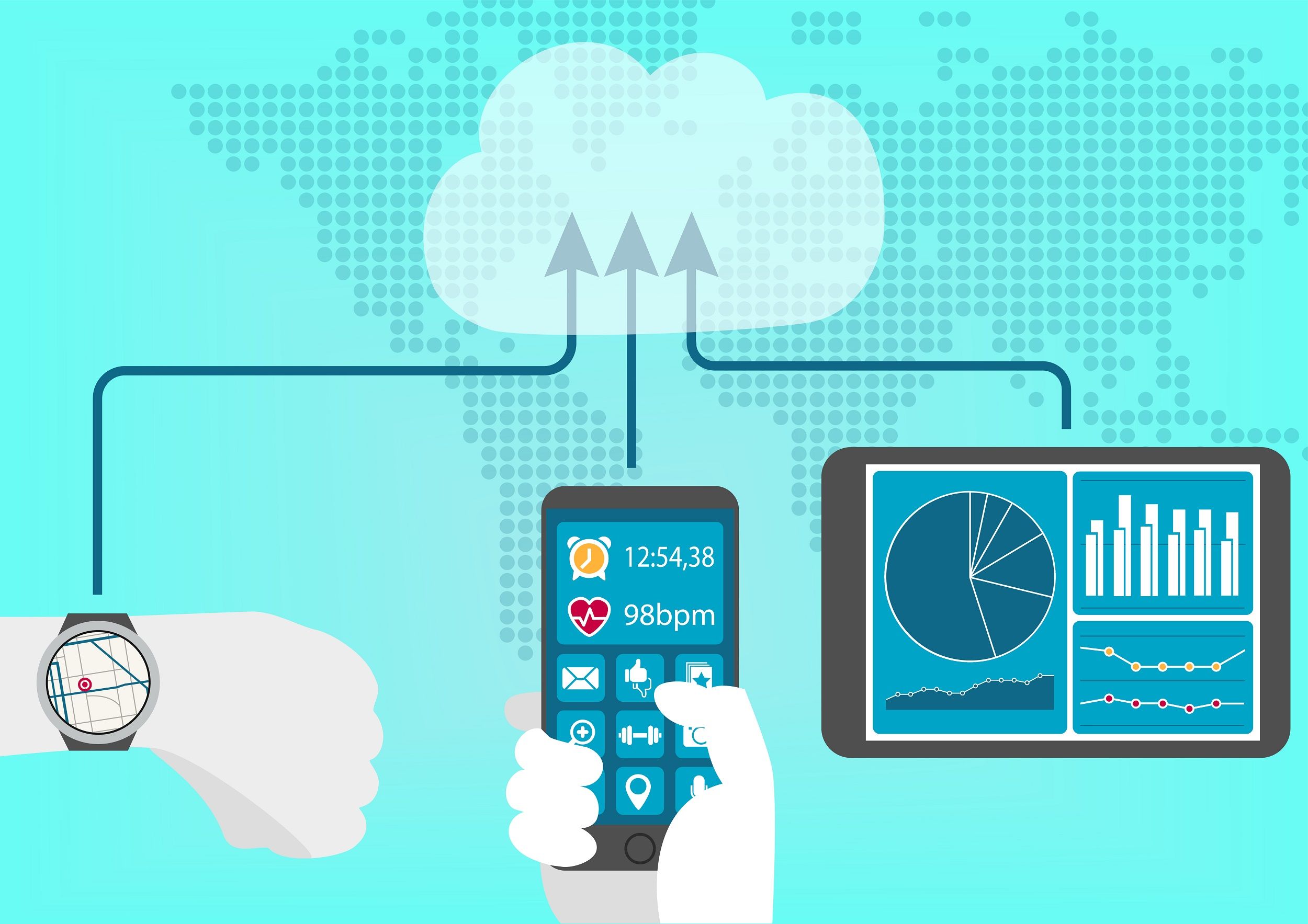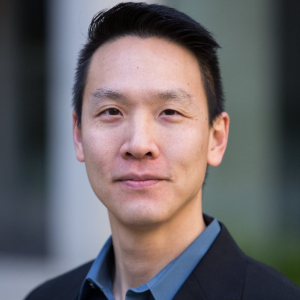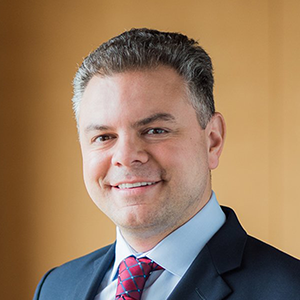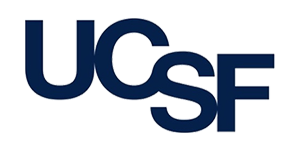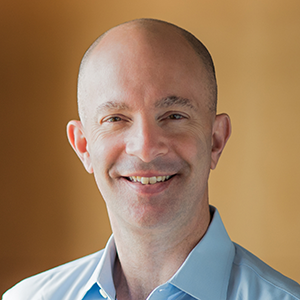Remote sensors that capture health-related data, from CardioMEMs to the Apple Watch, are increasingly common in the modern healthcare landscape. This session will examine both existing applications of remote sensors that derive actionable clinical insights and the future potential for these tools for precision medicine.
Session Chair Profile
Biography
Geoff Tison, MD, MPH is a Cardiologist and Assistant Professor at the University of California, San Francisco (UCSF). His research focuses on cardiovascular prevention, using statistical and machine learning methods to analyze large-scale health data for disease prevention and phenotyping. He obtained formal training in machine learning, statistics, epidemiology and clinical research during his tenure at Johns Hopkins and as a National Institutes of Health T32 scholar. Dr. Tison received MD and MPH degrees from the Johns Hopkins Schools of Medicine and Public Health, completed internal medicine training at the Johns Hopkins Hospital, and fellowships in cardiology, advanced echocardiography and preventive cardiology at UCSF.
Speaker Profile
Biography
Liviu Klein, MD, MS, completed his fellowship training in Cardiovascular Epidemiology, Cardiovascular Disease, Advanced Heart Failure and Heart Transplantation, and in Clinical Cardiac Electrophysiology at Northwestern Medicine in Chicago. He specializes in caring for patients with heart failure, pulmonary hypertension and cardiac arrhythmias, with a special expertise in cardiac resynchronization therapy, hemodynamic monitoring, heart transplantation and ventricular assist devices. In his research, Klein is developing new technologies for monitoring and treating patients with heart failure and other cardiovascular disease, including those who use ventricular assist devices. Klein has been extensively funded in his research by R01, R21 and SBIR grants from the National Heart, Lung and Blood Institutes. At UCSF, Dr. Klein is an Associate Professor of Medicine, and the Director of Cardiology Clinical Research, as well as the Director of the Mechanical Circulatory and Heart Failure Device Programs.
Speaker Profile
Biography
Greg Marcus is Professor of Medicine at the University of California, San Francisco (UCSF), Associate Chief of Cardiology for Research at UCSF Health, and the inaugural Endowed Professor of Atrial Fibrillation Research. He attended medical school at the George Washington University School of medicine and then completed his internship, residency, and served as Chief Medical Resident at Stanford. Subsequently, he completed his general cardiology and cardiac electrophysiology fellowships at UCSF. As part of an NIH-funded career development award, he then completed a Masters in Advanced Studies in Clinical Research at UCSF. In addition to engaging in an active clinical practice dedicated to the diagnosis and treatment of arrhythmias, including caring for patients in the clinic and hospital, performing catheter ablation procedures and implantations of pacemakers and defibrillators, and training cardiology electrophysiology fellows, Dr. Marcus has an active research program. His research is dedicated to understanding the fundamental causes of abnormal heart rhythms, identifying optimal therapeutic approaches for those arrhythmias, understanding the overall health effects of common exposures such as caffeine, alcohol, tobacco smoke, and cannabis, and using technology and wearable sensors to enhance health and the efficiency of patient-oriented research. He is one of the founders and continues to serve as one of the Principal Investigators of the world-wide, internet-based, Health eHeart Study as well as the NIH-funded national infrastructure to facilitate mobile health, called Eureka. He also runs several ongoing single-center and multi-center randomized, prospective trials, and oversees a team of investigators including post-doctoral fellows, clinical research coordinators, statisticians, and data analysts.






